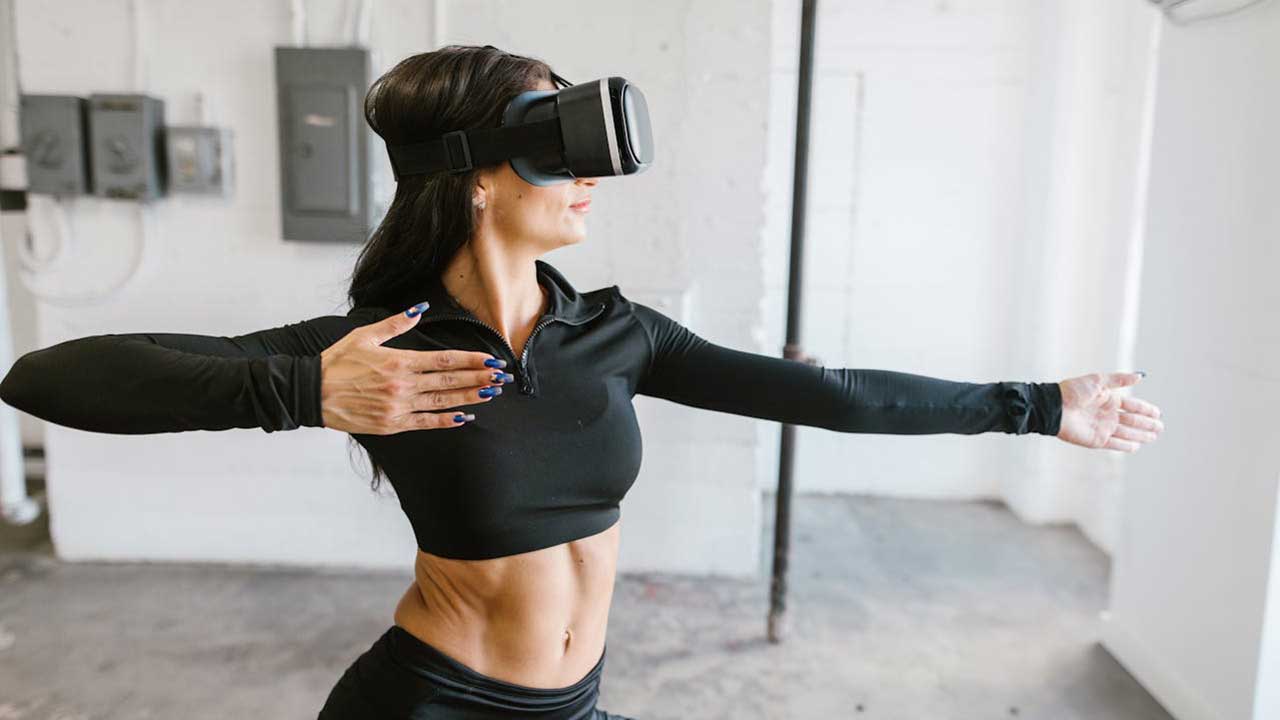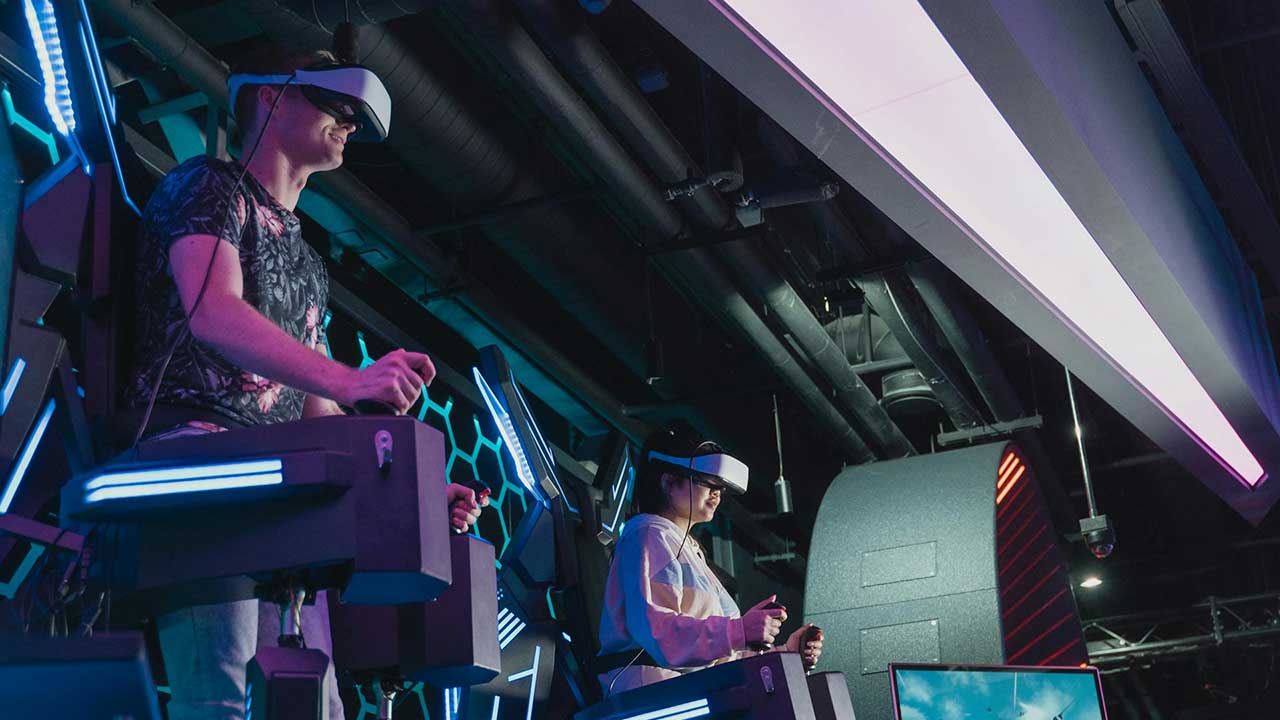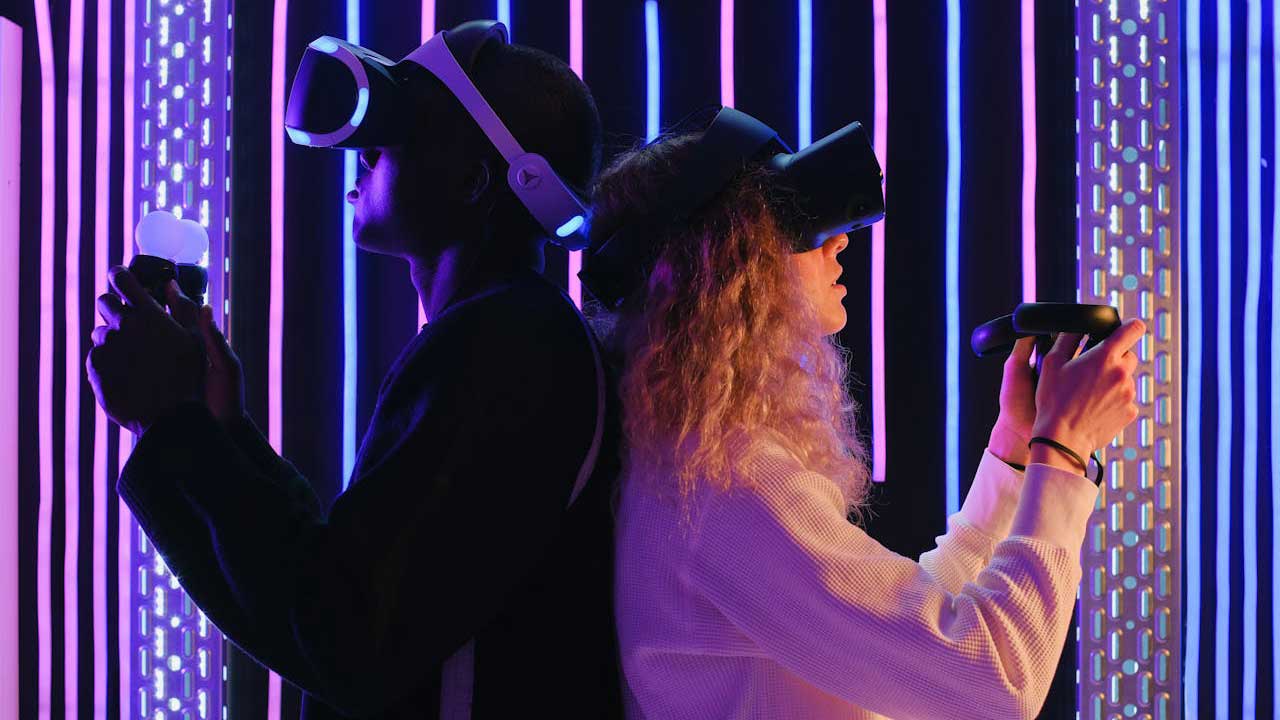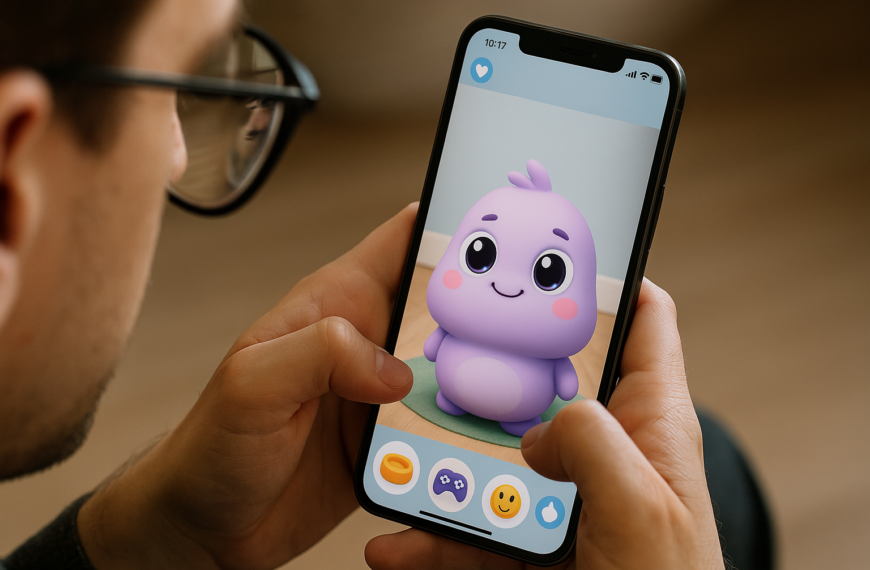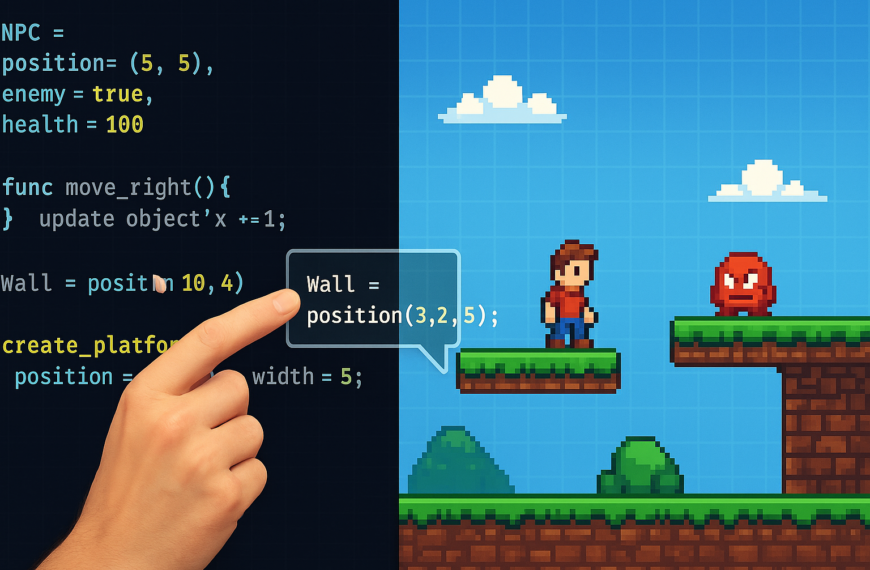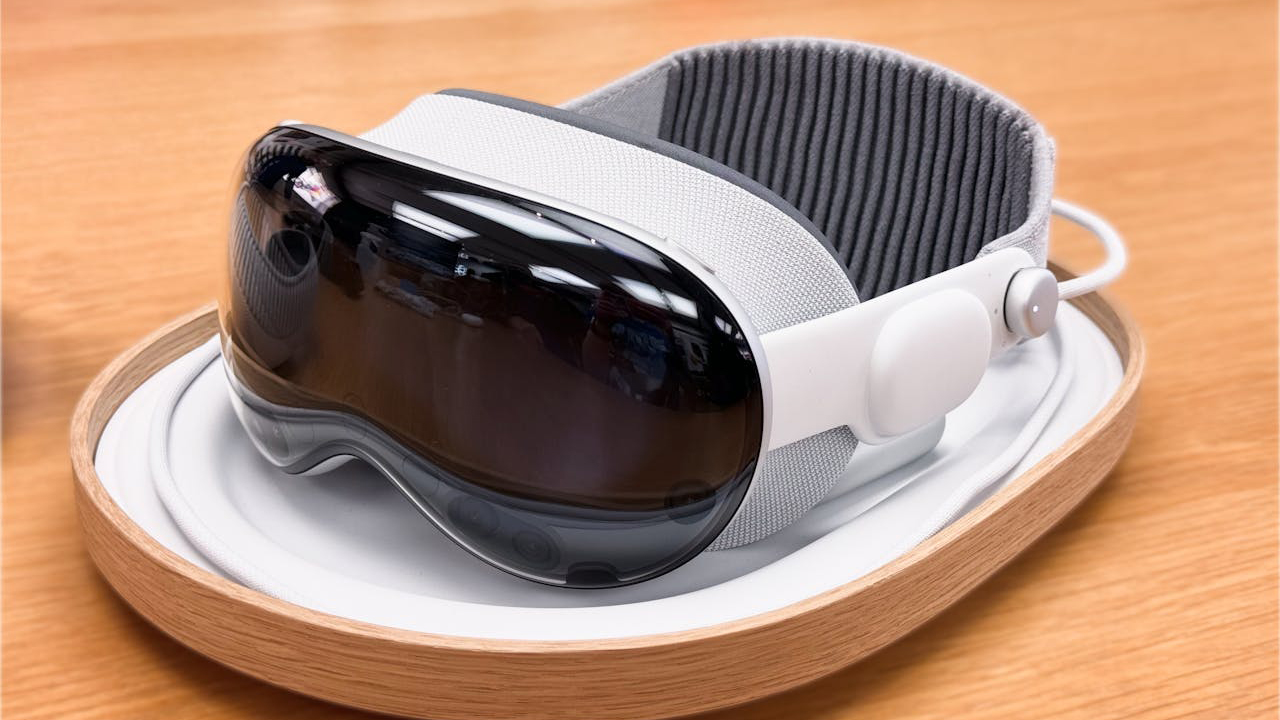Imagine being immersed in a virtual reality (VR) game where not only can you interact with the environment, but the game can observe and react to your every move. This isn’t just about tracking where you’re looking or which weapon you choose to grab. What we’re talking about here goes deeper—analyzing your reactions, adapting to your emotions, and maybe even anticipating your next move. This concept could revolutionize gaming, but it also raises some big questions about privacy and psychological effects.
The Basics of Biometric Feedback in VR
Biometric feedback in VR isn’t entirely new. Some games use basic forms of this technology to enhance player immersion by adjusting the game’s environment based on the player’s physical reactions. For instance, horror games might measure how much you sweat or your heart rate to ramp up the scares if they detect you’re not frightened enough. Researchers at Stanford University’s Virtual Human Interaction Lab are exploring how these technologies impact user experience, stressing the potential to personalize virtual environments in real-time for educational or therapeutic purposes (Source: Stanford University).
However, the idea of a game that not only reads these biological signals but also interprets them to gauge your emotional and cognitive state is a significant leap forward. This could lead to games that adapt dynamically, not just to scare you, but also to challenge you at the optimum level or help you learn more effectively.
Privacy Concerns and Data Security
With great technology comes great responsibility, especially in terms of user privacy. The more personal data these games collect, the bigger the risk of that data being misused or stolen. Imagine a scenario where data about your emotional reactions or mental state could be accessed by hackers or even used by marketers to target you more effectively. The Electronic Frontier Foundation has been vocal about the need for robust privacy protections in the development and deployment of VR technologies, highlighting the potential for misuse of biometric data (Source: Electronic Frontier Foundation).
Moreover, developers and companies behind these technologies need to be transparent about what data is collected, how it is used, and who it is shared with. Without strict safeguards and clear user consent, the integration of such personal data into VR games could lead to significant breaches of trust and privacy.
Changing Game Design and Player Experience
From a design perspective, a VR game that watches back opens up exciting possibilities. Game designers could create more engaging and responsive experiences that adapt in real time to the player’s skill level and emotional state. This concept is already being touched upon in projects at MIT’s Game Lab, where researchers are investigating adaptive game mechanics that could potentially create a more personalized gaming experience (Source: MIT Game Lab).
However, this also challenges traditional game design. Designers must consider not just how a game should progress but how it should evolve in response to each player’s unique reactions. This could lead to a new genre of gaming that could be more intuitive and engaging but also more complex to create. The implications for learning and therapy are particularly intriguing, as these adaptive games could potentially be tailored to individual needs and responses.
As we stand on the brink of what could be the next big leap in gaming technology, it’s exciting to think about the possibilities of a VR game that’s truly interactive. However, it’s equally important to consider and address the ethical, psychological, and privacy concerns that come with such advancements. As this technology develops, it will be crucial for developers, lawmakers, and the gaming community to keep these considerations at the forefront.
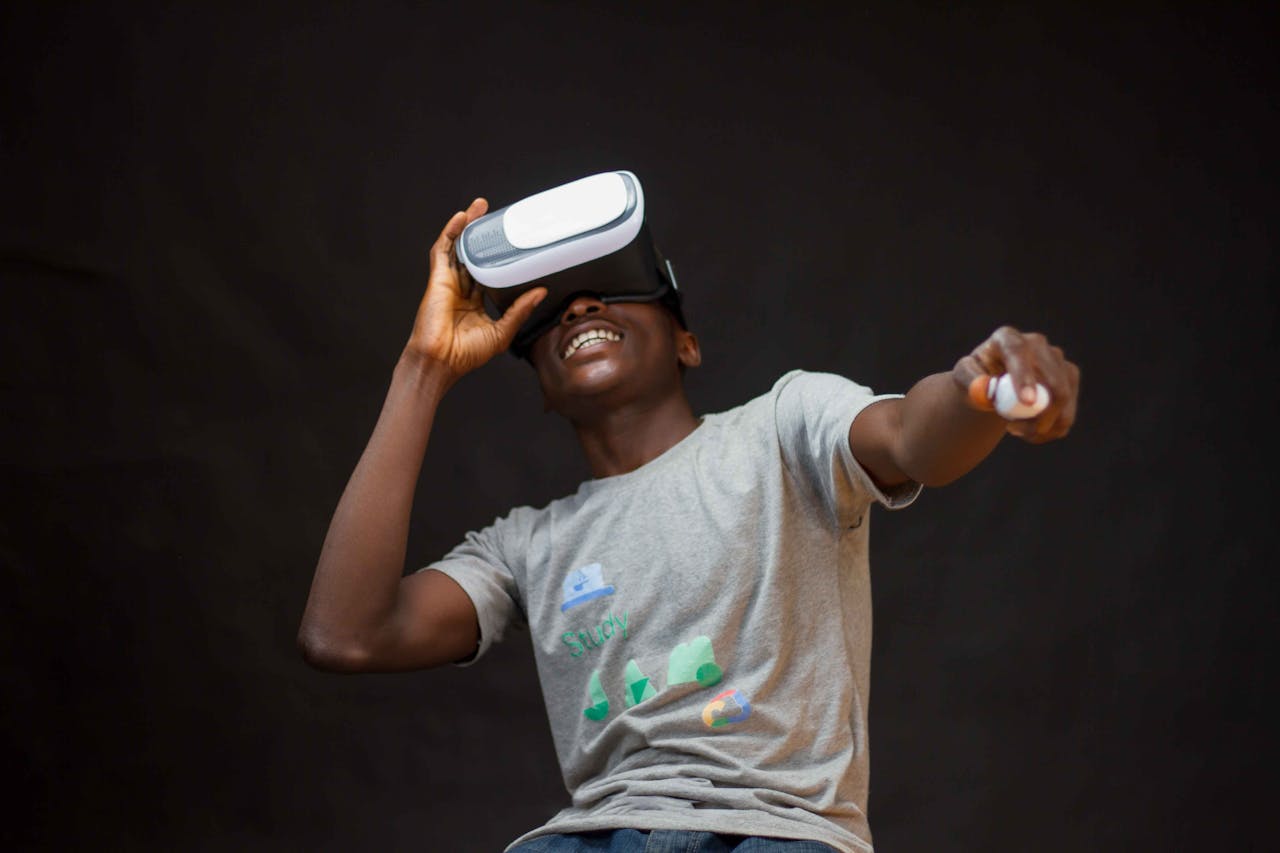
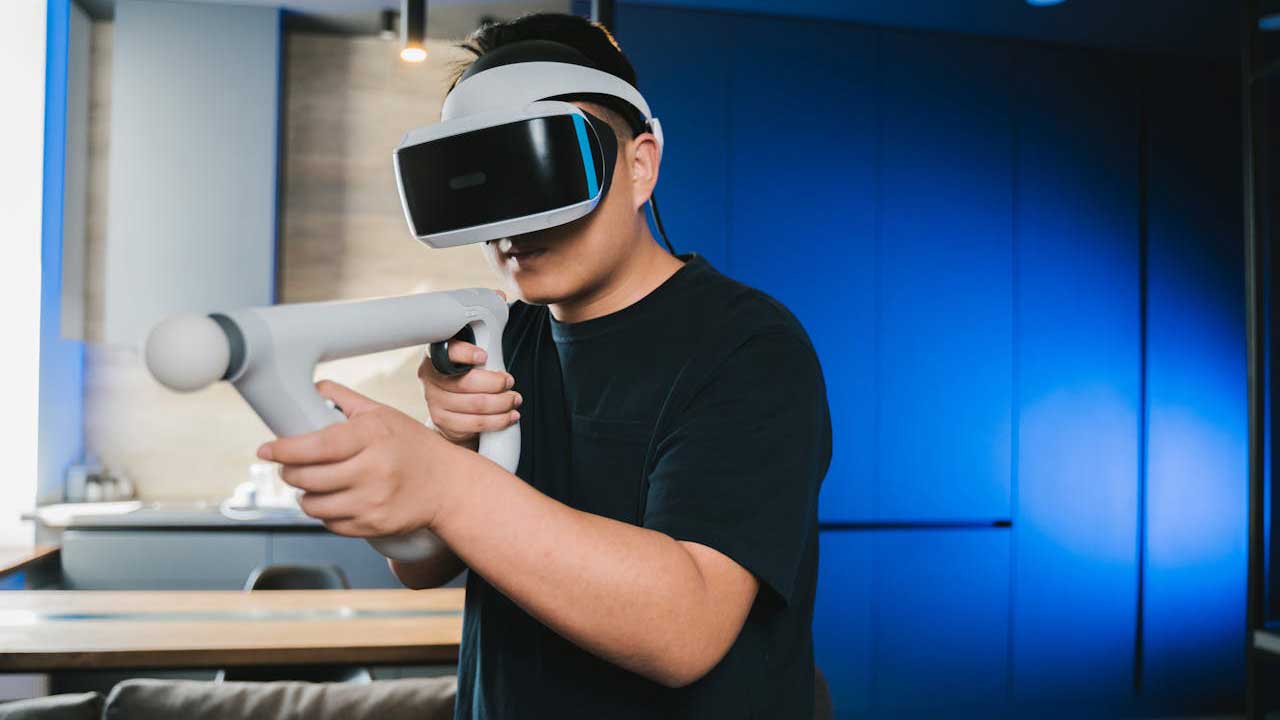
 By
By